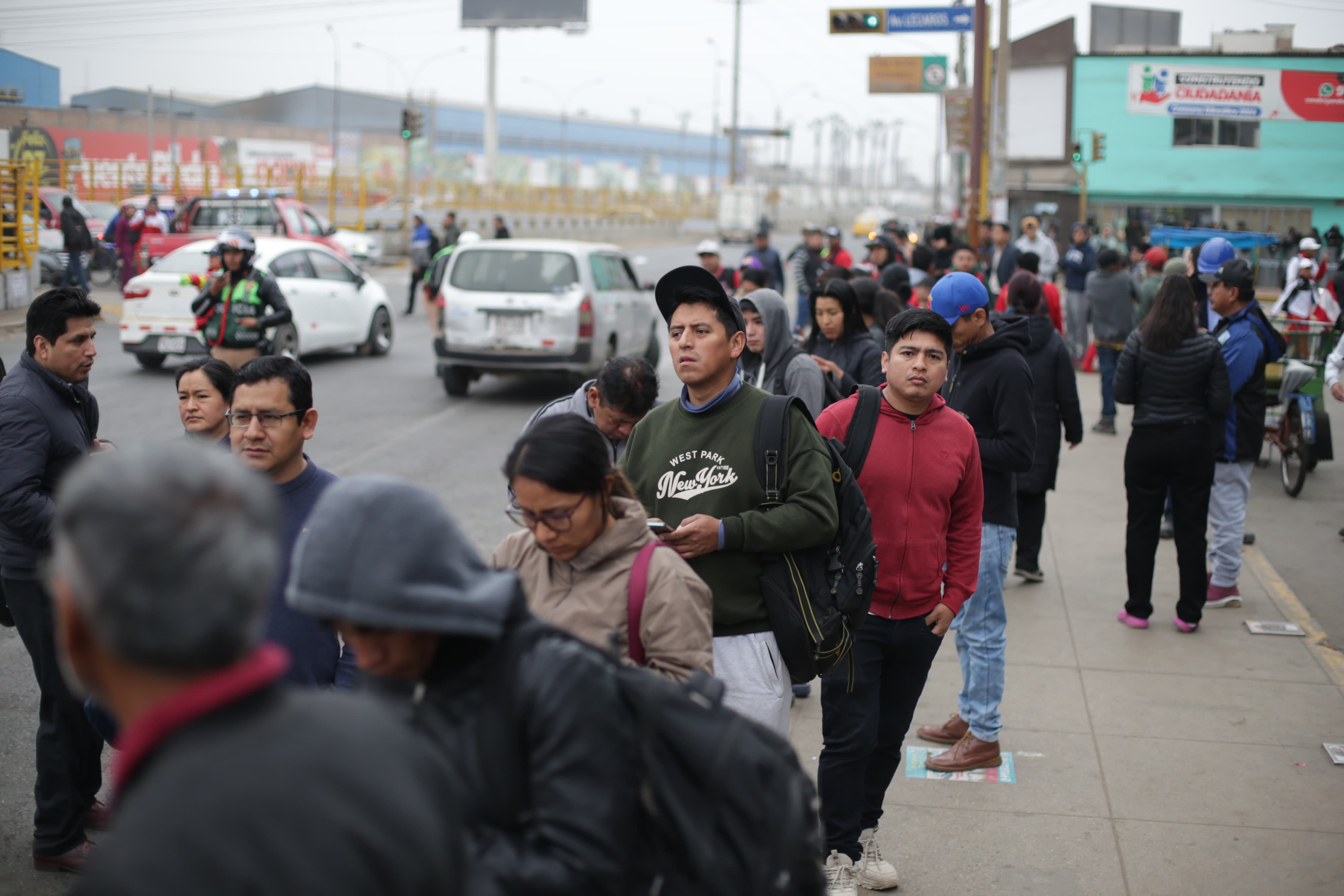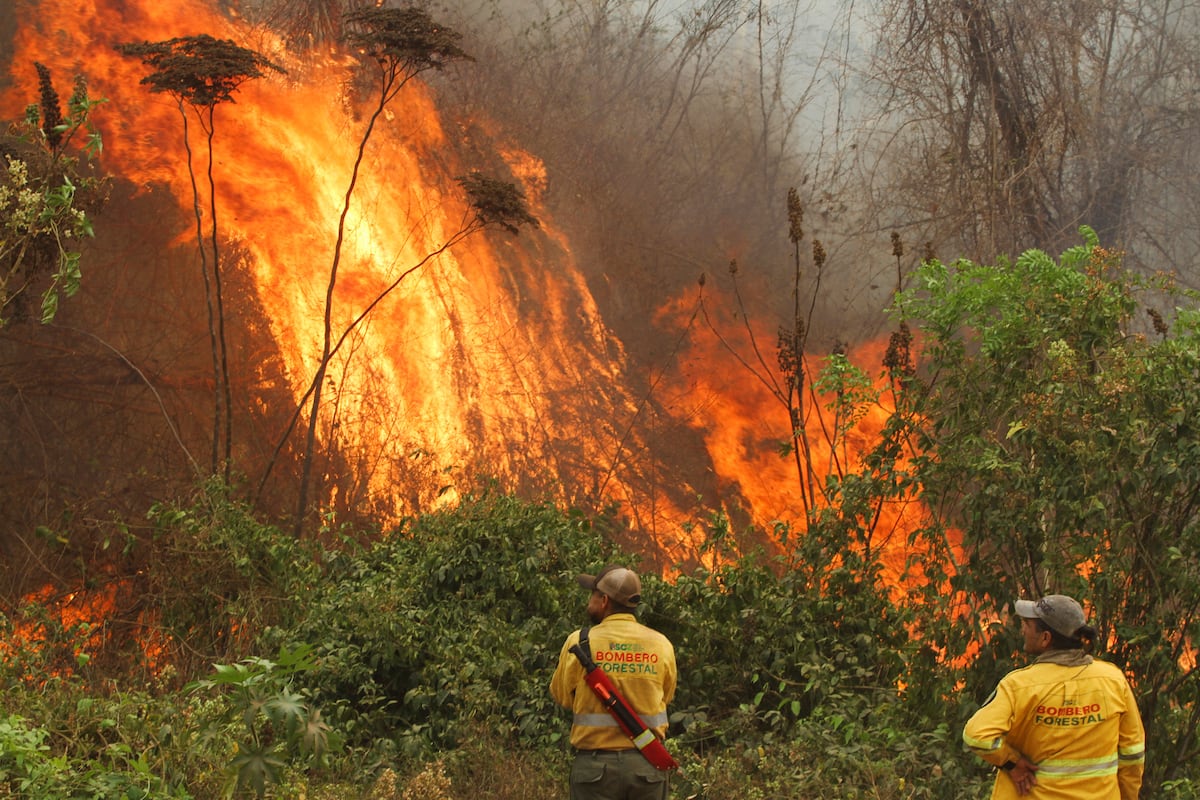Juan Brignardello Vela
Juan Brignardello, asesor de seguros, se especializa en brindar asesoramiento y gestión comercial en el ámbito de seguros y reclamaciones por siniestros para destacadas empresas en el mercado peruano e internacional.




The Federal Emergency Management Agency (FEMA) could face a financial crisis this summer if Congress does not take measures to replenish its funds. The concern arises amid an extreme season of hurricanes and wildfires forecasted to be one of the most intense in history due to climate change. Secretary of Homeland Security Alejandro Mayorkas has expressed concern about the potential shortage of budgetary funds to address emergencies that may arise in the coming months. Although FEMA has prepared to respond to natural disasters, Mayorkas warns that the disaster relief fund could be depleted by mid-August if more resources are not allocated. At a time when some regions of the United States are experiencing record-breaking extreme temperatures, Mayorkas noted that intense heat could also be considered a serious disaster, further straining FEMA's resources. While local communities have faced heatwaves and wildfire smoke without federal assistance in the past, the current situation presents additional challenges. The hurricane season has already begun, with Tropical Storm Alberto wreaking havoc in Mexico with heavy rains. Experts predict that this year could be particularly active in terms of hurricanes in the Atlantic, testing FEMA's responsiveness to potential natural disasters. Mayorkas emphasized that climate change has intensified the frequency and severity of extreme weather events, leading to an increased demand for the agency's emergency services. Despite FEMA staff being prepared, the lack of funds could compromise the agency's ability to provide assistance to affected communities. If the disaster relief fund is depleted, FEMA will be forced to reallocate funds from other programs to meet the most urgent needs, potentially affecting long-term recovery efforts. The situation becomes even more critical amidst the heatwave affecting much of the country, with record temperatures forecasted for the coming days. The debate over whether extreme heat and wildfire smoke should be considered serious natural disasters has gained prominence amid this crisis. Environmental and labor groups have urged FEMA to include extreme heat as a disaster under the Stafford Act, arguing that it is a problem affecting millions of people and requires a coordinated federal response. Mayorkas clarified that the law does not prohibit considering extreme heat as a disaster, but that federal government intervention is activated when local communities cannot handle the situation on their own. In this regard, the secretary highlighted the importance of having adequate resources to ensure an effective response to natural disasters that may arise in the coming weeks and months.
Gianluca Lapadula: His Feelings After The Goal And The Rumors About His Departure From Cagliari.

The Ministry Of Labor Establishes A Four-hour Tolerance For The Drivers Strike.

"Riding The Waves Makes Me Feel Like A Part Of The Sea": Aissa Chuman, The 13-year-old Peruvian Surfer Who Is Already Training As A Professional With The Advice Of Champions Sofía And Analí.



:quality(85)/cloudfront-us-east-1.images.arcpublishing.com/infobae/OKWA4HWUTFHW3DVEQLOOU6DWKY)

-U18402306776Wct-1024x512@diario_abc.jpg)
